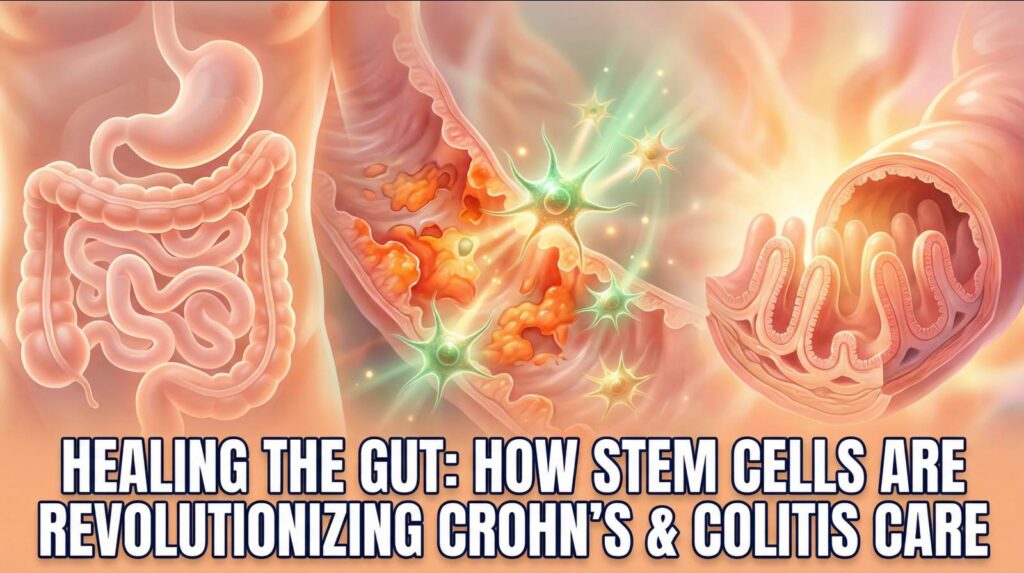A recent study led by Dr. Sergiu Pasca at Stanford University suggests that human induced pluripotent stem cells (iPSCs) could be used to identify potential new medications for schizophrenia. The research team developed a novel technique to produce astrocytes, star-shaped cells that support neurons, from iPSCs derived from patients with schizophrenia.
Astrocytes play a critical role in maintaining the brain’s environment and ensuring proper neuronal function. In schizophrenia patients, these cells are often found to have abnormalities. The lab-grown astrocytes produced using iPSCs displayed similar characteristics to those observed in the brains of schizophrenia patients, making them a suitable model for testing potential drugs.
By using these lab-grown astrocytes, the researchers can create a new platform for drug testing that more accurately represents the cellular environment found in schizophrenia patients. This would enable the development of more targeted and effective treatments for the mental disorder, as current medications often have undesirable side effects and do not address all symptoms of schizophrenia.
In addition to drug testing, the study’s findings could also help researchers gain a better understanding of the cellular mechanisms underlying schizophrenia. The astrocytes generated from iPSCs could provide valuable insights into how these cells interact with neurons and contribute to the development of the disorder.
In conclusion, the use of iPSC-derived astrocytes could pave the way for more effective schizophrenia treatments and a deeper understanding of the disease’s pathology. The findings hold promise for future advancements in personalized medicine and the development of targeted therapies for other neurological disorders as well.


